How To Avoid Wasting Energy This Winter
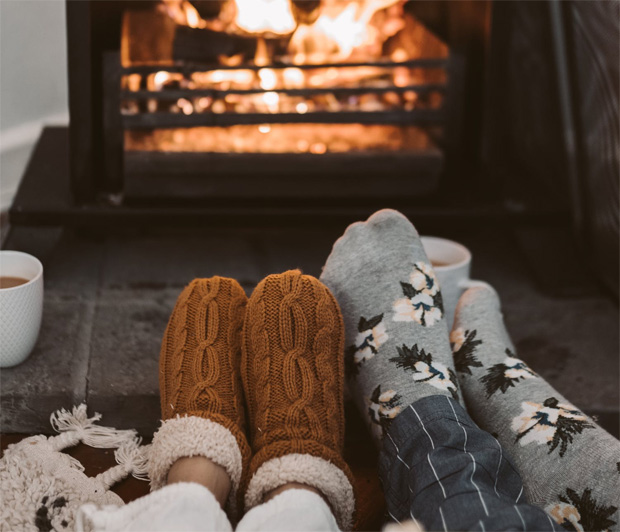
How To Avoid Wasting Energy This Winter
There’s never a bad time to try to help the environment and save money on your household bills. This year, however, is a particularly good time to make the effort. Energy prices seem to be getting higher all the time and winter is coming in. With that in mind, here are some tips on how to avoid wasting energy this winter.
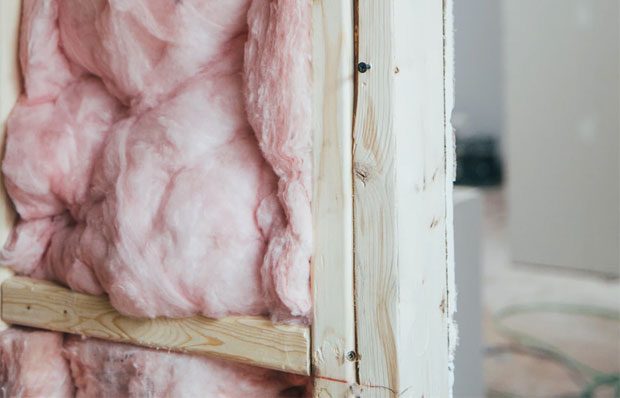
- Check your insulation
In principle, insulation can last 80+ years. In practice, however, it can start to become much less effective long before that. There are several reasons for this. Older insulation may not be of the standard you’d expect today or it might not have been installed to modern standards. Also, if it’s installed somewhere damp, then it may deteriorate much more quickly.
You can often tell whether or not insulation is still in decent condition just by looking at it. Your house being colder than you’d expect and leaking pipes are also warning signs. If you decide that you need new insulation remember to get it installed by a reputable company such as All Seasons Energy.
Firstly, this ensures that the job is both done and done properly. Secondly, it means that you will get verifiable paperwork for the work. This can come in very useful for when you come to sell your home and move on.
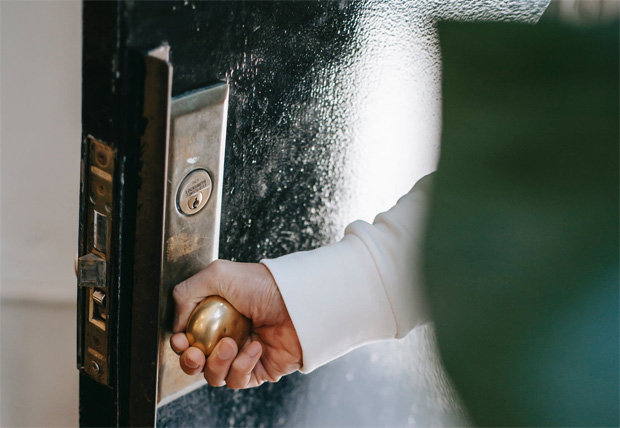
- Mind the doors
Doors are inevitably places where heat is lost. You can, however, minimize the heat loss with a few strategic measures. If you have outside space, consider switching to an outdoor mailbox and sealing up your regular letterbox. This can actually be very convenient as, these days, deliveries are more likely to be parcels than letters and they are often too big for a letterbox.
If that’s not an option then at least make sure that your letterbox is lined with a letterbox draught excluder. These don’t stop letters but they do a lot to stop draughts. Similarly, brush draught excluders for doors stop draughts when the door is closed but still allow it to open and close easily when you want to go through it.
They’re particularly important on external doors but can also be very useful on internal ones, especially on the ground floor. Basically, any time you open an external door, cold air is going to enter your home. You want to trap it in the entryway so it doesn’t lower the temperature in your main living spaces. Draught excluders can be very helpful here.
You might also want to try hanging a curtain behind your entry doors. If you’re renting, or just don’t fancy installing a curtain track on your ceiling, you can use adhesive hooks instead of a proper track. If you’re taking this approach, you’ll want two curtains and you’ll need to stitch (or glue) loops to them to hang them from the loops. Again, this will help to minimize heat loss.
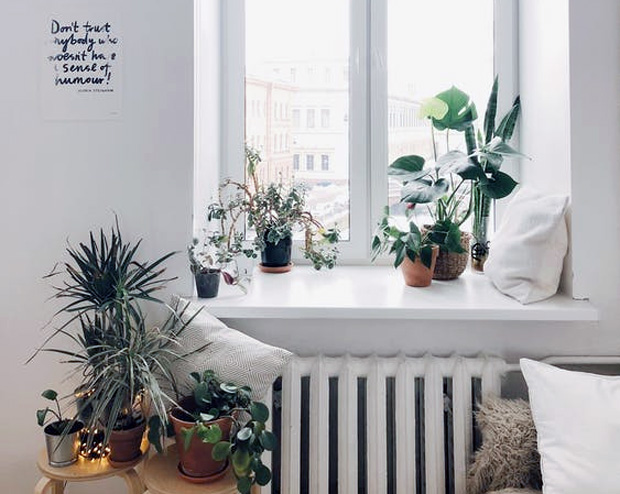
- Look out for your windows
If you have older windows, then you should probably make it a high priority to upgrade them. The energy efficiency of glass has been improving all the time. This means that changing out old windows for new ones can make a huge difference to your energy bills. Regardless of the age of your windows, however, you still need to check them for fit and consider whether it’s time for a Greenville energy saving window replacement.
This may sound odd but the fact is that buildings do tend to move slightly over time especially if they’re very new or very old. Generally, there’s absolutely nothing to worry about here. There’s a huge difference between standard movement and subsidence. This movement can, however, mean that your windows don’t fit your home quite the way they should.
If your windows are in good condition then usually a few DIY fixes will solve the problem. For example, if your glass is loose then putty will often hold it in place perfectly well. If the frame is loose in the wall, then you may need professional help to fix it properly but this will typically cost far less than a new window.
Make sure that your window coverings help to keep your house warm in winter. Curtains and drapes tend to be the best options for winter. They’re also usually best for both light-proofing and sound-proofing. These can both be major issues in the colder months. Even though nights are longer, artificial lights can still make it hard to sleep.
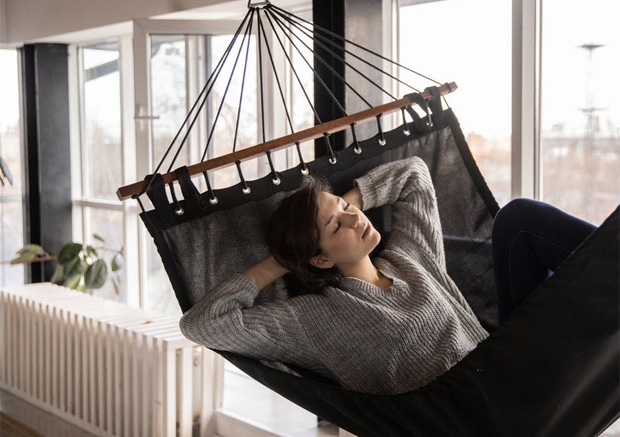
- Remember your radiators
Investing in smart heating really can do wonders for your heating bills. If, however, that’s not an option, for now, then there’s still a lot you can do to make traditional heating less expensive to run.
There are two keys to success. The first is to plan ahead. Remember a radiator is not a fan heater. Turning up your thermostat won’t heat a room quicker. It’ll just make it too hot once it does heat up. Instead, think about when you’ll need the heat and use a timer to make sure that the room is warmed up in advance.
The second is to get the most from the heat you use. Try turning the thermostat down slightly and using reflective foil to bounce it off your wall and into your room. Also, try putting on some extra layers instead of using extra heating.
Collaboration.




